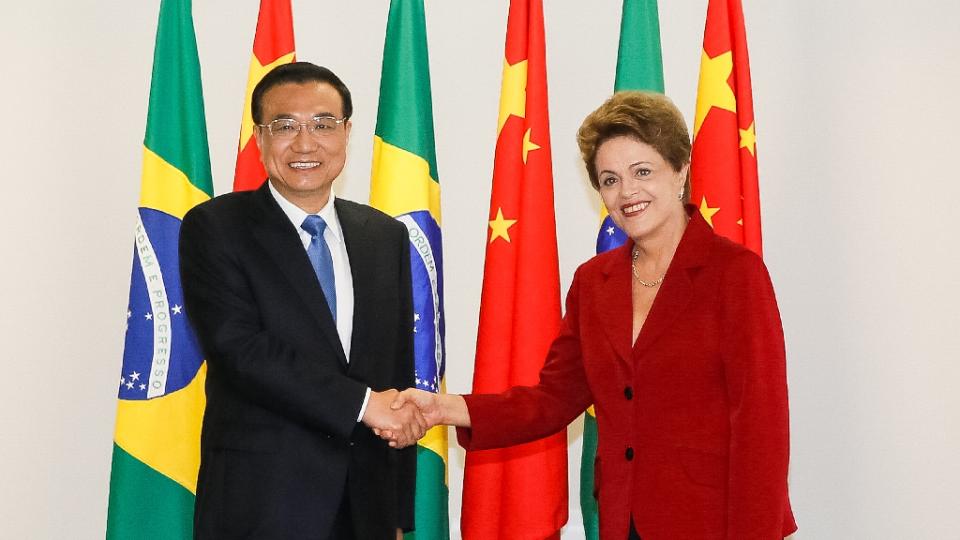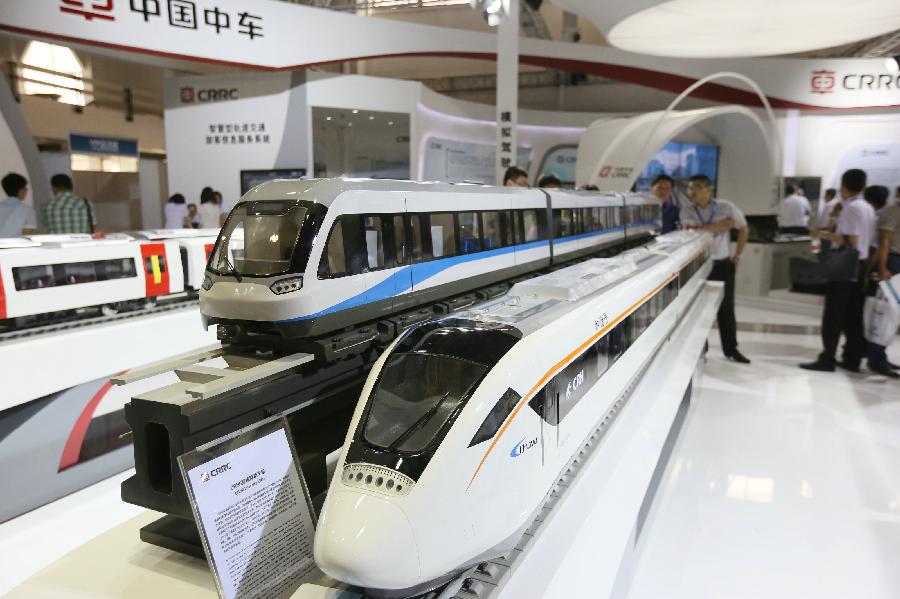I don't feel qualified to disagree with the IMF, so yes I accept their judgment that the yuan is no longer undervalued. (i.e. only take about 6 to buy a dollar, not 8 as it did when all agree it was undervalued).
Well, being unqualified never stopped you before, so why should it now? But yet somehow you feel qualified to dispute the article written by a Ph.D. in economics and call his argument stupid…hmm.
Your article make two arguments supporting that point of view, but both basically come down to the observation that the value of the yuan is not behaving as the economic text books predict it should, - Ergo is being indirectly manipulated (Article admits it is not being directly manipulated as it was when 8 were required to buy a dollar.)
That is quite twisted and almost self contradictory, plus ignores the risk considerations! Yes a lot of capital has been created by the FED but it is not flowing any where, not even into the US economy - as banks have much higher lending standards now than pre-2008.
Except, it isn’t to anyone with some basic knowledge of macroeconomics, there isn’t anything in the least bit contradictory. What doesn’t make sense is your notion that risk is somehow important here? Investment risk has nothing to do with monetary supply. And this has nothing to do with Fed monetary policy. You are not making any sense; your lack of qualifications is probably why.
Also they can't with one breath complain that China drove the value of its currency down by excessive creation of it and in the next breath claim capital is relatively scarce in developing country China!
Except, that isn’t what they claimed, I suggest you go back and reread the article.
They even admit that China's trade surplus has declined 80% (10% down to 2% of GDP) but refuse to admit the obvious, like the IMF stated: I.e. now that value of yuan has increase, the exporters don't have an unfair advantage anymore.
Except, you are misconstruing what was written, it was acknowledged that China’s trade surplus. But that doesn’t mean China still doesn’t retain an unfair competitive advantage with currency manipulations, as Dr. Dean pointed out in his article. This shouldn’t be difficult to understand, for your edification, below is a link explaining international capital flows.
http://www.econlib.org/library/Enc/InternationalCapitalFlows.html
Their second argument is the one you mentioned ("a huge stock pile of dollars"):
Yes, as text books teach, buying up foreign currency with your currency does lessen the amount of it and increase the amount of your own. Brazil has done this in the past (Taken dollars out of circulation by purchasing them from companies that earned them via exports and using newly printed real to buy them with.)
But China owned many of the companies, selling US plastic junk toys (hula hoops, etc.) so got its huge stock pile of dollars, without printing yuan, to make them in surplus with artificially lower value.
Getting a huge pile of dollars by selling plastic junk, especially back when workers were exploited (paid little) dose not pump out freshly printed yuan and lower its value. Your article needs to get the basics facts about how China got the huge pile of dollars correct. Not assume they printed yuan in excess to buy the dollar out of circulation, like Brazil did.
Well that is a massive dump of confusion and misinformation and most of it is irrelevant to boot. The fact is China is hording foreign currency reserves and in the process over valuing those currencies and devaluing its own. How China got those cash reserves or whither China expanded or shrunk the supply of the yuan is really immaterial to the fact China is manipulating currency in order to gain a trade advantage.
However, even more damaging to their argument than these two counters, is that it assumes that what text books predict must happen and as it is not, China must now be indirectly manipulating the yuan - I.e. yuan should be even stronger with only 4 or 5 needed to buy a dollar, not the current ~6.
They seem to be totally ignorant that many old economic text predictions have been "inverted" by the new normal. For example the text books predict that if the economy is improving then stock should be rising in price, but when the economy improves they have been falling as investors fear that the Fed will cease the stimulus ("take the punch bowl away") as most believe the rapid run up in DOW, etc. to new historic highs every month or so for last few years has been due to the QEs and other stimulus. Likewise text books predict that commodity prices should rise with the post 2008 recovery, but they have fallen!
I.e. the very foundation of their argument ("Economic text books predict...") has been turned upside down by the "new normal."
Thus I'll stick with the IMF's experts, not some article which has it foundation (text books predict) now inverted and its facts wrong.
Actually, how do you know what the economic text books predict, given you have never opened one, much less read one? Macroeconomics is a complicated subject. There are many variables. If you had actually read an economic text book, you would be familiar with the phrase “
ceteris paribus” (i.e. all other things being equal). Economic text books do not make predictions without that condition. I know this is difficult for you, but all things must be considered, if you had actually read and economic textbook or taken an economic class, you would know that.
Unfortunately for you Billy T, economic text books aren’t fallacious. I suggest you read the links I have provided to you on international currency flow. Your ignorance of economics would be excusable if you admitted your ignorance and had some intellectual honesty. But that isn’t the case.
With respect to stock prices, I don’t know where you have been but stock prices have been improving as the economy has improved. The fact that there are day to day variations in stock prices doesn’t nullify that very basic fact. By the way, the Fed ended monetary stimulus a long time ago. Stock prices this year are at all-time highs. So you assertion that stocks have not risen is just false and easily proven so. Stocks as a group are up 1% - 3% this year, depending on the day. The fact that stock prices vary daily, doesn’t mean there is anything wrong with economic text books.
The reason stock and bond markets are reacting to a potential interest rate increase is because , as has been repeatedly explained to you over the years, higher interest rates reduces the value assets and increases the cost of doing business, this too has been explained to you on numerous occasions. It’s just a matter of math. If the Fed times it right, the Fed’s interest rate increase will be offset by business growth. There is some uncertainty in the Fed’s ability to pull that off without adversely affecting business and that uncertainty increases risk. Some businesses are highly dependent on interest rates (e.g. mortgage REITS). Interest rate increases are important, because they do slow economic growth in order to control inflation.
With respect to commodity prices, they have risen with the improving economy. Oil is now higher than it was during the recession. In 2009 gasoline was selling for a dollar and change per gallon. Gasoline is now selling between $2 and $3 per gallon. Last year oil went from over a $100 per barrel to $40 per barrel because there was a dramatic increase in supply. No economic laws were violated. An improving economy doesn’t negate the laws of supply and demand; you know that old text book thingy.
Gold has fallen, and for a variety of reason. Gold isn’t primarily an industrial metal. Gold is primarily a speculative metal, so gold prices are not tied to cyclical economic performance, per se. People like you who thought they knew all about economics bought gold speculating the dollar would collapse because of Fed’s accommodative monetary policies (“punch bowl). And when gold went from $1,900 to $1,100 and change, people like you were left scratching their heads. Because as previously discussed, you don’t understand economics much less inflation. Your much vaunted multiyear prediction that there would be a run on the dollar on October 31 of last year failed to materialize because you believe in economic nonsense. You were warned and all of this was explained to you beforehand, but still you clung to your beliefs preferring belief to actual fact and reason.
The fact is as Dr. Dean pointed out, the IMF failed to account for the impact on China’s extraordinary foreign cash reserves on the value of foreign currencies. As Dr. Dean pointed out, whither the Federal Reserve sits on dollars or China sits on dollars, it has the same effect. It increases the value of the dollar relative to the yuan and is a currency manipulation. Now given people are trying to push the Pacific Trade Agreement fast track authority through congress, that isn’t a politically popular position. But that political unpopularity doesn’t make it any less real.
The problem isn’t with economic texts Billy T, but with rather your lack of knowledge of economics.







